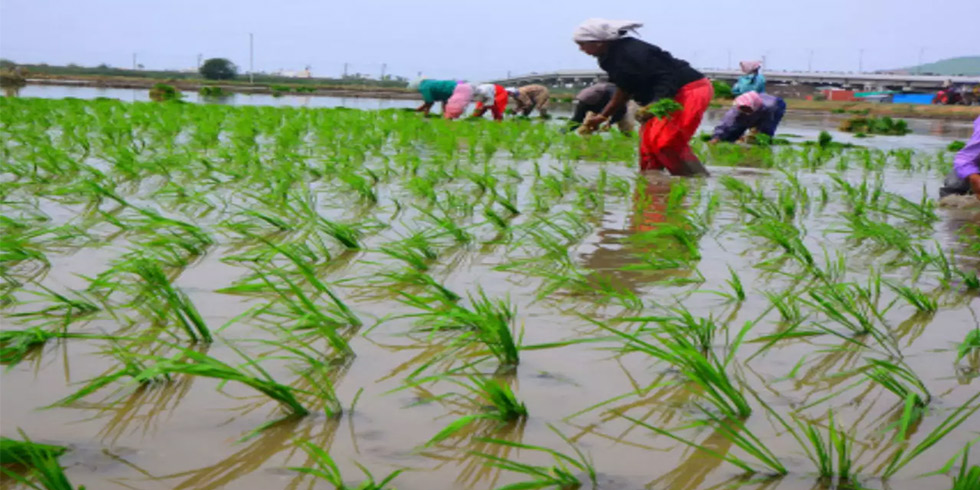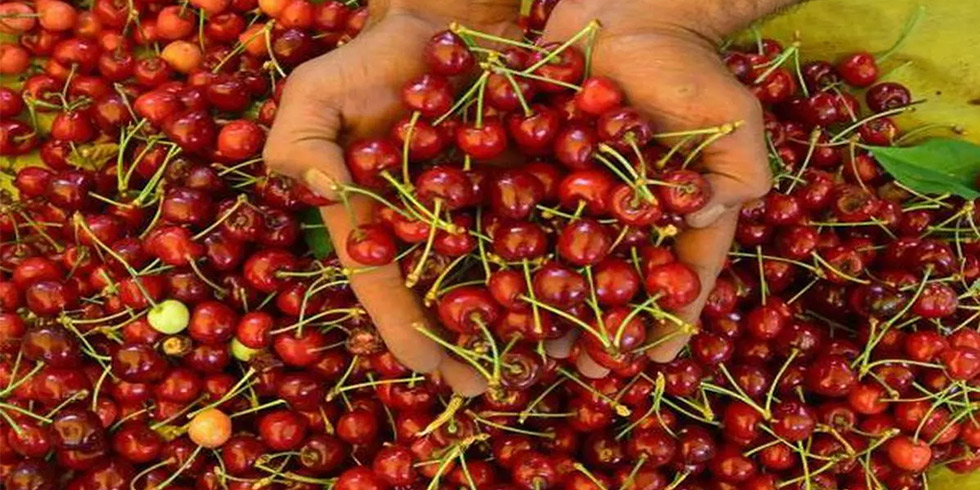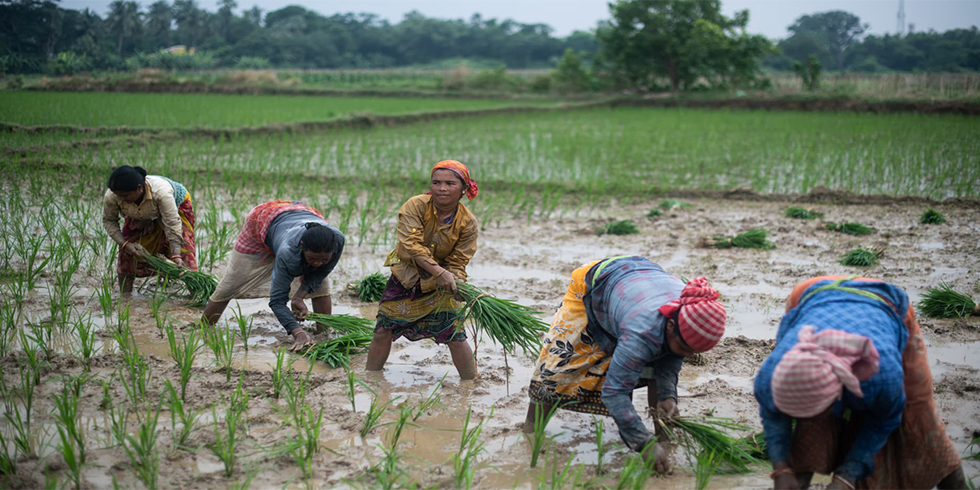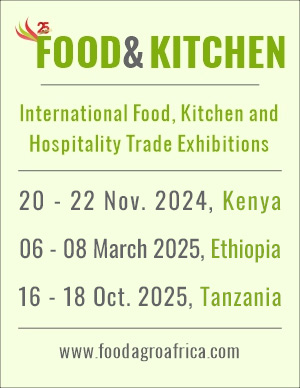V Shankar, managing director and chief executive officer of Rallis India, the Tata Group company whose products cater to the agriculture sector, talks to Ujjval Jauhari on the monsoon performance, its likely impact, strategies and prospects. Edited excerpts:
What are the challenges that subdued monsoon activity has posed to Rallis’ agri-related business?
We have seen the long spell of dry season continuing through June. Nevertheless, in the past few days the monsoon has caught up and the extent of sowing has increased to 60 per cent in the country and we are seeing revival. Though Rajasthan, Gujarat and many others, including parts of Maharashtra, have still not seen much rainfall, the forecast is that over a few weeks, we will see a good spread of the monsoon. Also, the met department now says there will be no impact of El Niño (the weather phenomenon affecting rain). So, though we faced challenges, we don’t foresee much negative impact to our business, and we will be reviewing the situation in a few weeks.
How has the monsoon delay affected your first quarter performance?
It has led to some impact on the millet seed business but that is very small portion of our overall portfolio and revenue. We have done well in cotton, corn, hybrids and paddy, and our seeds business has grown by about 25 per cent. The first quarter is generally planned like that and we gear up our crop protection portfolio only in the second quarter, since the bulk of our usage happens only then. So, we have not felt much heat. Tight working capital efficiency has led to lower interest costs. In the crop protection segment, we have seen growth of eight per cent.
What mix of crop protection and non-pesticide business do you aim to achieve?
Most of our earlier sales had been in crop protection segment and we see marketing of crop protection products as one pillar of our business. The non-pesticide portfolio is also another pillar. Our long-term strategy is to bring the business mix to 60:40. This strategy was articulated three years earlier and we are now at 31 per cent. We are well on track and our portfolio is now far more balanced than earlier, when 90 per cent contribution was coming from the pesticide business.
How do you plan to grow the international business and which regions are you focusing on?
The international business has been doing well. Last year, we grew by seven-eight per cent. In 2007, it was very small; now, it has grown to almost 30 per cent of our revenue. If there is softness in the India business, the international part backs up and vice versa.
This year, too, the international business is quite buoyant; it is business to business trade. In about 40 countries, we are long-term suppliers. We also have contract manufacturing; they're about 50:50. The molecules we sell go to Brazil, Europe, etc. The focus area now is Southeast Asia and Latin America; moving forward, Africa is going to be a big market. It is currently very small (less than $1 billion) compared to the US that is more than $10 bn but in the coming times, Africa has potential to become a $10-bn market in a few decades. Africa and Latin America both offer huge opportunities.
What are the growth drivers? How will growth pan out?
The fact that there is a shift in farmers’ approach, and they are now looking for better yield and farm economy and are willing to pay for that, is positive. How to do better agriculture is what they are looking at. Second, there is not enough labour available and even with family members migrating to urban centres, there is not much help to farmers. So, they're looking at changing their approach. Further, they want better quality of produce, so that they can get getter prices. Government focus is also there and they are looking at public-private partnership processes. All this is going to push growth and are drivers for tomorrow.
The compounded annual growth rate in revenue has been 12.8 per cent during FY05-14; profits by 24 per cent. We are always looking at beating sector averages. The potential in agriculture is so huge -- seeds, crop protection and nutrition all provide big opportunity.
The potential in agriculture is so huge in India and elsewhere: V Shankar








Add Comment